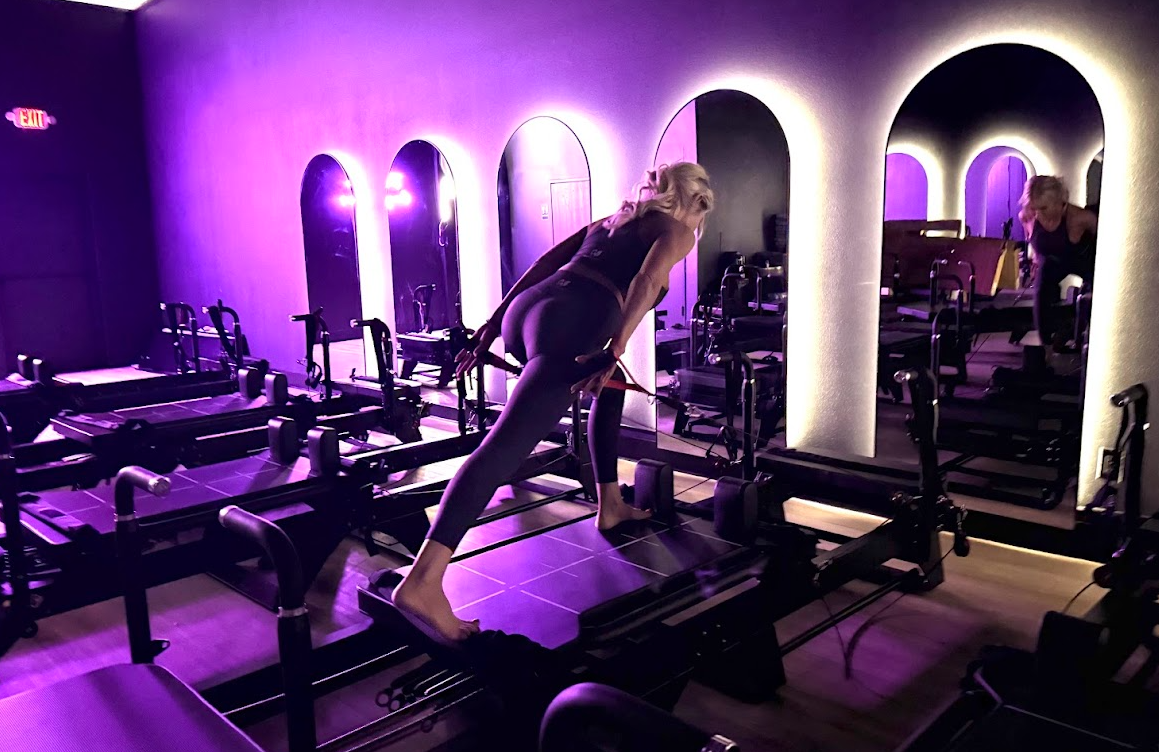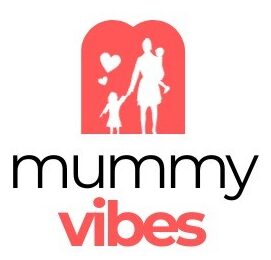
How Resistance-Based Pilates Helps Mums Rebuild Strength After Pregnancy
Pregnancy is great, but it comes with a physical transformation that many women just are not prepared for. The muscles are aching, posture is compromised, and the core feels as helpless as ever. When a mum delivers, she will be left wondering how to feel strong once more without overdoing it in the first days.
This is where resistance-based Pilates fits in. It is not about pounding the treadmill or lifting heavy weights. Instead, it uses smooth, controlled movements under resistance to target the muscles that need rebuilding most. For new mums, it strikes that balance of being challenging but still gentle enough to support recovery.
Why Strength Matters After Pregnancy
Nine months is a long time to be lugging around a baby. The abdominal wall is overextended, the pelvic floor gets weak, and the back usually carries the load. No wonder that a lot of women have to cope with pain and posture problems after pregnancy.
A poor outcome may offset the temptation to dive right into a very demanding workout. Moves with high impact, such as running or weight lifting exercises, are too high-intensity when joints are in the process of adjusting. Resistance-based Pilates offers another path. By working the deep core and stabiliser muscles, it strengthens from the inside out.
The NHS advises that postnatal exercise should begin gently, focusing first on the pelvic floor and core.
The Role of Resistance-Based Pilates Machines
Mat Pilates is useful, but resistance-based equipment takes recovery further. These machines create constant tension, which helps muscles switch on and stay engaged. It is a safer, more effective way to rebuild strength.
One example is the Sculptformer. It has been designed for high-intensity but smooth training, with adjustable resistance that mums can scale at their own pace. When people look into advanced Pilates equipment, searches for megaformer Pilates alternatives like the Sculptformer often come up.
Sculptformer is a strong alternative. It delivers the same intensity while adding unique features that make sessions safer and easier to adapt during recovery.
For mums who want to progress step by step, this adaptability makes all the difference.
What Makes It So Helpful After Pregnancy
Resistance-based Pilates offers benefits that speak directly to the postnatal journey. It is not just about a flat stomach or toned legs. It is about feeling stable, supported, and energised again. Some of the biggest advantages include:
- The abdominal wall slowly reconnects through controlled core engagement.
- Pelvic floor strength improves with exercises that target support muscles.
- Posture realigns as back and shoulder muscles grow stronger.
- Joints stay safe thanks to low-impact resistance.
- Stress melts away when breathing and focus combine with movement.
- Sessions can be short but still effective, a huge plus for busy mums.
Each of these areas links together, helping the body recover as a whole.
Gentle but Never Boring
After pregnancy, many women worry about doing too much too soon. At the same time, nobody wants to spend hours on a workout that feels easy and delivers little. Resistance-based Pilates solves both issues.
The movements are of a controlled kind, but the resistance that is applied will always keep the muscles working. Sessions may be adapted to be lighter to start off with or more intense as strength and confidence come along. This implies that there is a smooth progress, and not a leap that can inflict injuries.
As a mum with barely 30 minutes between feeds or naps, a workout that provides safety and intensity is like hitting a jackpot.

Energy and Confidence Come Back
Fatigue is part of life with a new baby. Broken sleep and round-the-clock care leave many mums running on empty. Ironically, gentle but regular exercise is what helps bring that energy back.
Resistance-based Pilates boosts circulation, engages muscles, and lifts stamina without leaving the body drained. Many women notice they walk taller, breathe easier, and feel more stable within a few weeks.
According to Mayo Clinic, Pilates supports flexibility, core strength, and overall wellbeing benefits that are especially valuable during recovery after childbirth.
That physical strength spills into emotional wellbeing, too. As posture improves and the body feels supported again, confidence rises. Feeling capable in your own body changes everything, from carrying your baby to standing in front of a mirror.
Why Long-Term Health Benefits Matter
Recovery after childbirth is not just about the next few months. Choices made during this period can shape health for years. Too many women deal with chronic back pain or poor posture long after pregnancy. Strengthening properly now helps prevent those issues.
Resistance-based Pilates supports long-term health by building lean muscle, improving endurance, and keeping metabolism active. It protects joints, strengthens bones, and makes the body more resilient. In short, it is not just recovery. It is preparation for the demands of motherhood and beyond.
A Mind-Body Boost
Postnatal recovery is as much mental as physical. The stress of sleepless nights, constant care, and hormonal shifts weighs heavily. Resistance-based Pilates provides a rare mix of exercise and mindfulness.
Breathing is controlled. Movements are precise. Focus is sharp. Many mums describe sessions as a chance to reset and recharge, not just work out. The result is a calmer state of mind that carries into the rest of the day.
Tips for Mums Ready to Begin
Starting is often the hardest part. Here are some simple steps that make the process easier:
- Begin with short sessions, even 15–20 minutes.
- Prioritise good form over heavy resistance.
- Increase intensity slowly, letting the body guide progress.
- If possible, work with an instructor who understands postnatal needs.
- Stick with regular workouts, even short ones, for steady results.
The goal is to keep recovery safe while still moving forward.
Final Thoughts
Weight gain during pregnancy is not permanent, and through an appropriate strategy, one becomes strong and confident once again. Resistance based Pilates provides a method of rebuilding without being in danger of setbacks. It supports the core, facilitates posture and revitalizes energy without any feeling of strain.
Machines like the Sculptformer bring this method to life. As an alternative to well-known systems such as megaformer pilates, it gives mums a clear option to recover and grow stronger on their own terms.
For any mother wanting a safe yet powerful way back to strength, resistance-based Pilates is a proven path forward.
